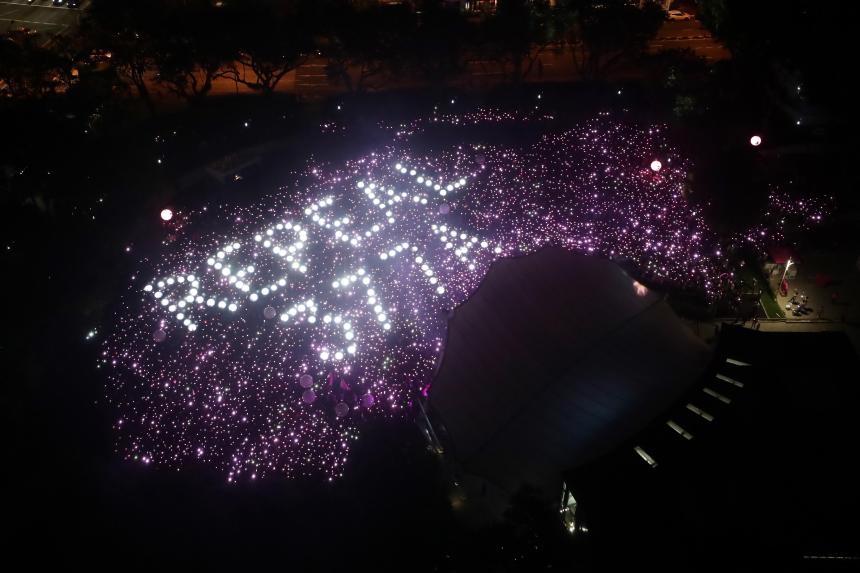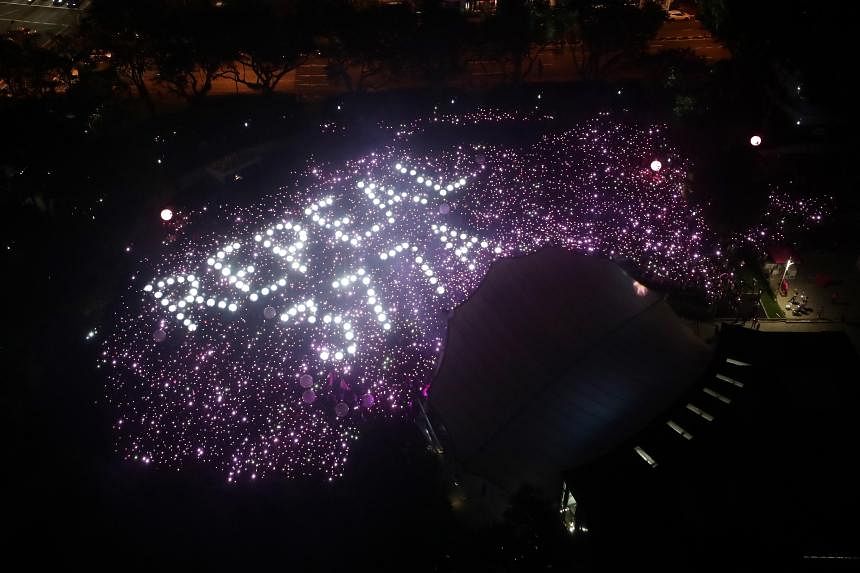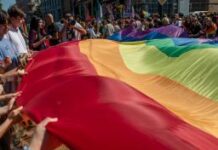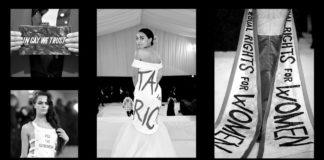
SINGAPORE – A quick nod at a rainbow drawn on the classroom whiteboard, or walking into class with a rainbow tote bag the day after Prime Minister Lee Hsien Loong announced at the National Day Rally on Aug 21, 2022 that Section 377A of the Penal Code would be repealed.
These were the ways one teacher let his students know they could talk to him about lesbian, gay, bisexual and transgender (LGBT) issues.
It was the least he could do for his students, said Andrew (not his real name), 38, who has been teaching for about a decade. He believes it has become markedly more difficult to be a teenager in recent years amid what he calls a mental health crisis.
“In order for me to meet my students where they are, when it comes to the struggles that they may have, I need to first show up as my authentic self in order to be able to help them,” said Andrew.
While Andrew has not come out in class to his students, aged 13 to 16 years old, he says that students are able to join the dots through small acts like these and some have given him Teachers’ Day cards thanking him for making the classroom a safe space for them.
He noted that teenagers today are lucky to have pop-cultural references with LGBT representation, but having LGBT adults who can answer questions through their own lived experience about gender identity and sexual orientation is hard to come by.
“It makes a world of difference when it’s an actual person that they can talk to,” said Andrew.
“A very common thing that emerges is that they can’t talk to their parents for one reason or another, be it religious beliefs or a generation gap… Very often, I might be the first person that they actually can talk to.”
Following Parliament’s repeal of S377A, which criminalised gay sex, in November 2022, The Sunday Times spoke to several educators on the challenges they face, and concerns parents have about their children being taught by openly gay teachers.
In the debate before the vote, Minister for Social and Family Development Masagos Zulkifli said Singapore’s education policies and curriculum remain anchored on Singapore’s family values and social norms. This includes the family as the cornerstone of the social fabric and marriage being between a man and a woman.
Mr Masagos said that in schools, all students learn and practise values such as mutual understanding, respect and empathy for everyone. “They will also understand that issues can have multiple perspectives, and are taught to listen to each other’s points of view, understand the perspective of others and learn to interact and engage respectfully with each other, even if their views differ,” he added.
Yet while teachers welcomed the new legal clarity on consensual sex between men, they told ST the rules about being openly gay at their school workplaces are far from clear.
Andrew said that while it may be all right that some students know he is gay, he is concerned about what could happen if such disclosure became more widely known.
“All you need is one student to tell one parent, and it could snowball,” he said, even though, he noted, he is mindful of what he imparts to students. “I think there’s a difference between making a safe space for students who need to talk about certain things and imposing my beliefs.”








